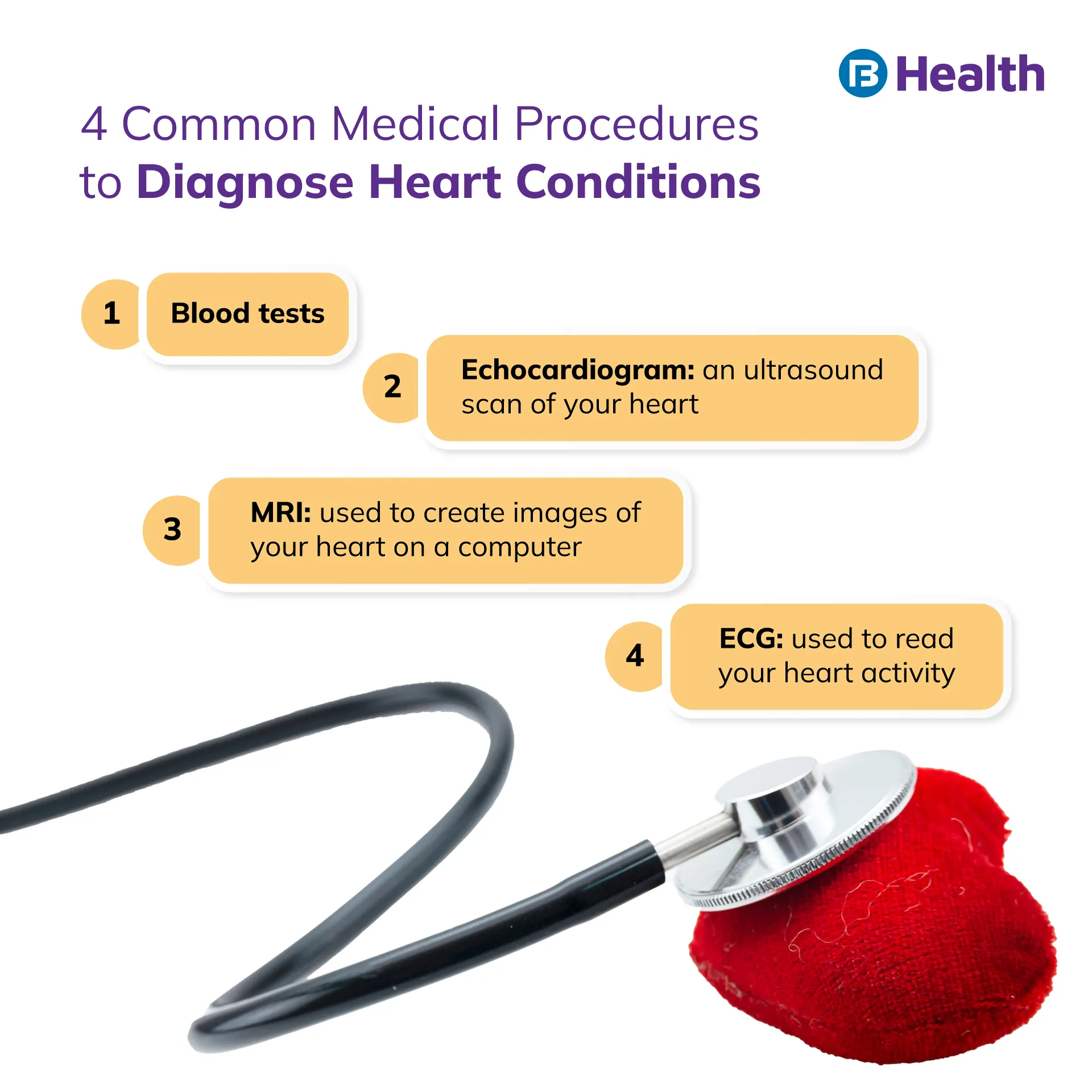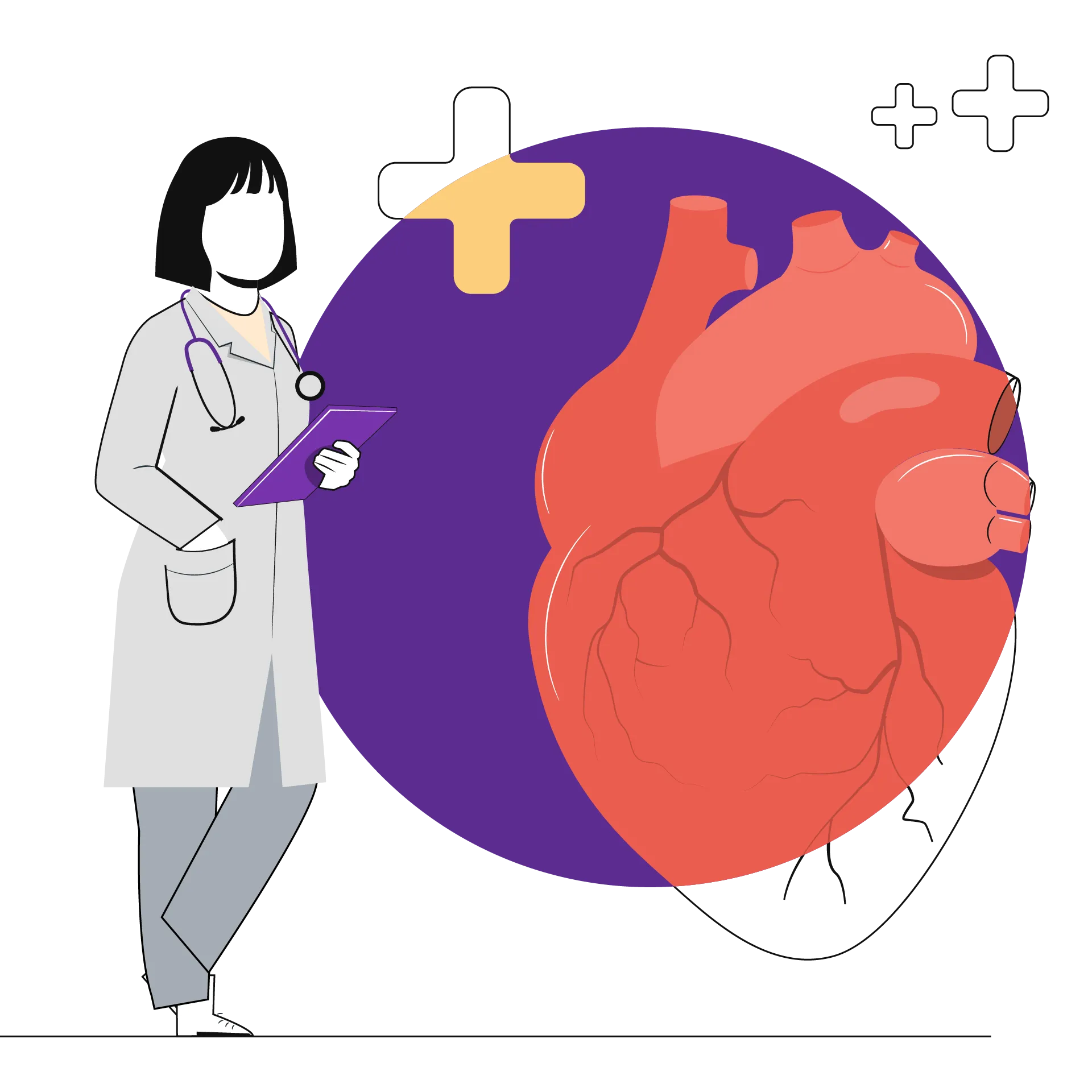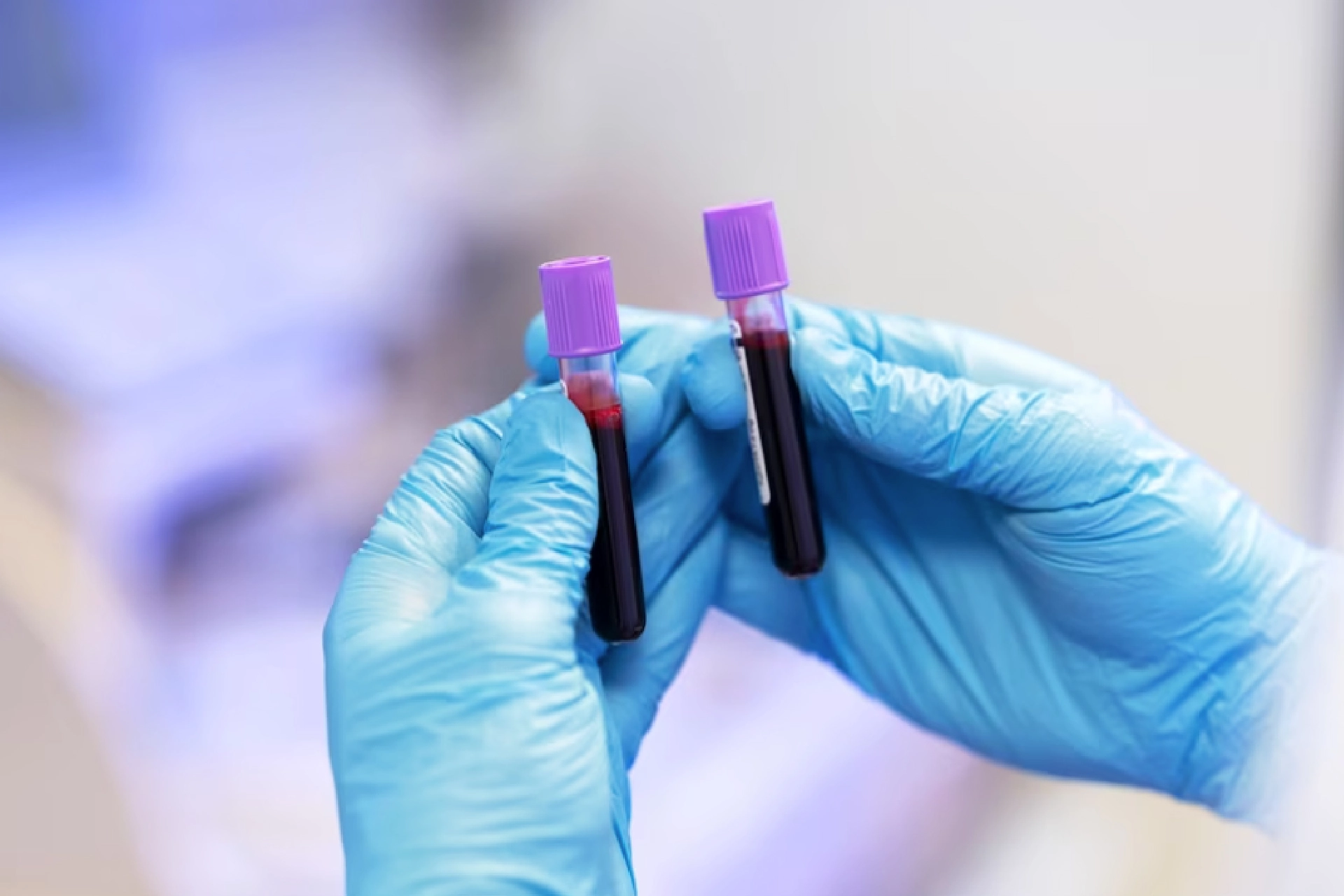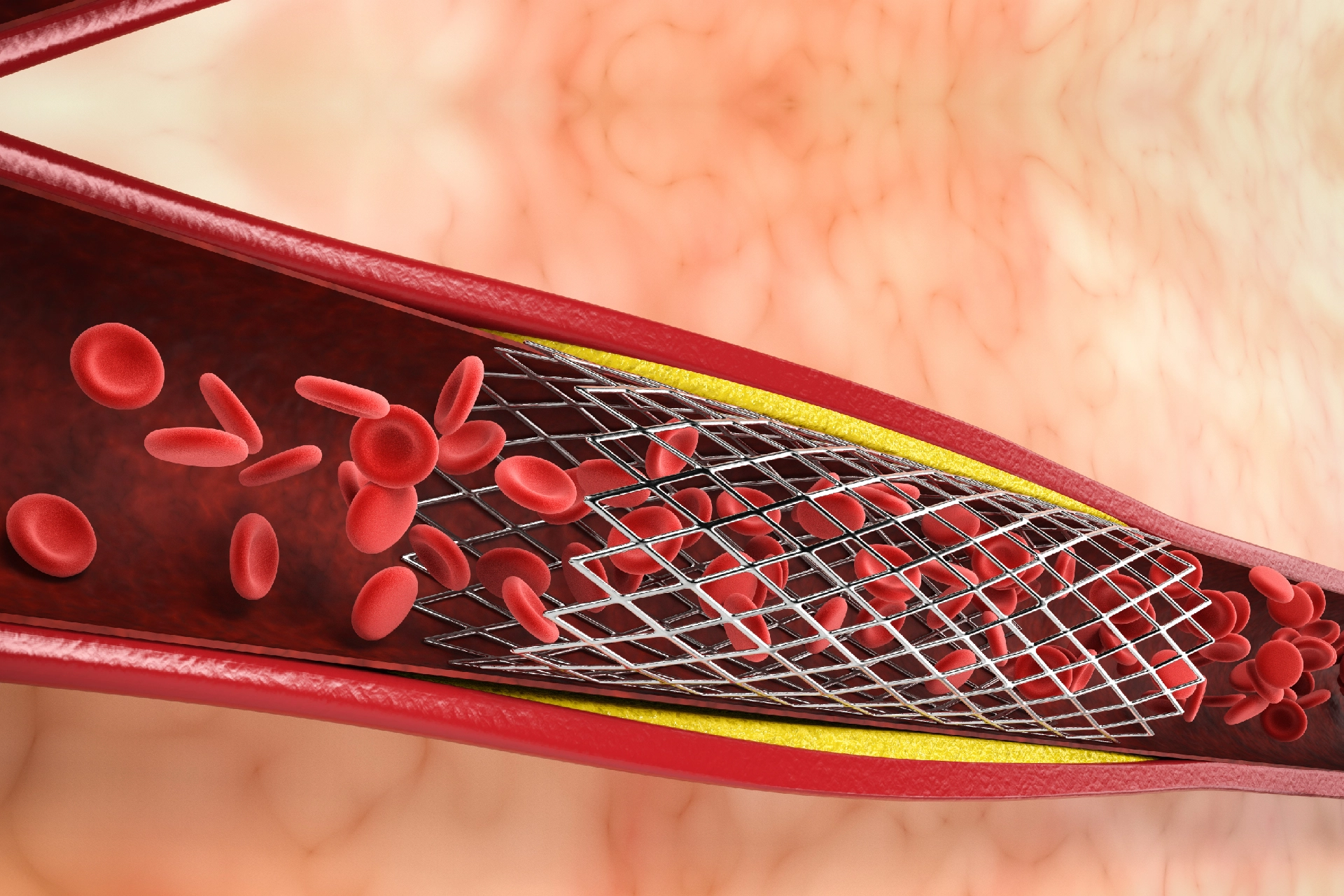Health Tests | 5 min read
Cardiac Profile Basic Test: Blood Tests for Heart Disease
Medically reviewed by
Table of Content
Key Takeaways
- A cardiac profile helps to identify and treat a heart disease
- Doctors may prescribe a lab test or several tests as per your condition
- The lipid profile and troponin tests are common cardiac profile tests
A healthy heart is important for overall health and wellbeing. Embracing a healthy and active lifestyle may prevent heart diseases and lower the risk of stroke and heart attack [1]. To diagnose heart disease, your doctor may advise getting a cardiac profile. Basic tests include a lab test or tests that help in diagnosing the problems related to a cardiovascular event. Take cardiac profile basic test to understand more about the symptoms.
Symptoms of Heart Disease
Here are some heart disease symptoms for which doctors may suggest an inclusive cardiac profile test.
- Fast or slow heartbeat
- Tightness in the chest
- Fainting
- Pain in the chest
- Sudden swelling in the abdomen, ankles, feet, or legs
- Shortness of breath
If you have any of these symptoms, consult your doctor immediately. Early diagnosis can help with treatment and prevention measures.
Additional Read: Types of Blood TestImportant Tests Under Cardiac Profile Test
Lipid profile test
Also known as a cholesterol panel, this lipid profile test looks at different fats, or cholesterol, present in your blood. High levels of fat in the blood can increase your chance of a heart attack, stroke, or other heart conditions. The results consist of the levels of the following fats in your blood:
- HDL cholesterol: This cholesterol is important for your body. HDL helps ensure that the blood flows smoothly by making sure there is no blockage in your arteries. Due to how it helps your blood flow and thereby boosts your heart health, it is also known as 'good' cholesterol.
- LDL cholesterol: High levels of this cholesterol can increase the plaque deposit in your blood vessels. This can ultimately lead to blockage resulting in reduced blood flow. Moreover, if the plaque buildup is left unchecked, it can lead to severe problems for your health. Given the risks that it poses to your heart, LDL is also often known as the 'bad' cholesterol.
- Total cholesterol: A high level of total cholesterol present in your blood may indicate that you are at a higher risk of heart disease. These amounts are measured in deciliters, and your total cholesterol level should not exceed 200 mg/dL [2]
- Triglycerides: This fat is more harmful to women than men. High levels of triglycerides indicate a higher risk of heart disease.
Troponin test
Troponin is a protein that is present in the muscles of your heart. Damage to these muscles can result in this protein being released into your blood. Troponin T and I are markers that can help identify damage or injury in your heart. High levels of this protein imply a current or recent heart attack.
BNP test
Brain natriuretic peptide (BNP) is a protein made by your blood vessels and heart. This helps your body relax the blood vessels, eliminate the fluids, and excrete the sodium into your urine to flush it out of the body. This test is used to check the levels of BNP in the blood to make sure the heart is not damaged. High levels are generally indicative of damage to your heart. Your normal levels of BNP are dependent on a few factors, such as:
- Age
- Gender
- Health issues such as obesity
High-sensitivity CRP test
This test measures the levels of CRP, which is a protein produced by your liver. Your liver generally produces it in response to inflammation occurring because of an injury or infection.
High levels of this protein indicate that you are at higher risk of having a heart condition, heart attack, or stroke. As a result, this test helps diagnose a heart condition as well as identify your risk of developing heart disease in the future.

Protect Heart Health With a Cardiac Profile Test
Even if you don't have the symptoms mentioned, these tests can help keep heart issues at bay, as prevention is always better than cure. There are a number of conditions that often come as warning signs that your heart health is at risk. And often, some of these conditions do not present any severe symptoms and hence may be overlooked. These conditions include high blood pressure, diabetes, smoking, and high cholesterol. One of the ways to stay on top of your heart and overall health is by going for health checkups which also include a cardiac profile test. Combined with a doctor's guidance, this can help you identify the risk of heart disease and know what measures to take.
Additional Read: Lipid Profile TestThis is not an exhaustive list of tests to determine your cardiac profile. Doctors can recommend other tests to determine your risk of heart disease based on your health conditions. If you think your family history or lifestyle puts you at risk, get in touch with your doctor. You can book a lab test online to discuss your test results or take a doctor consultation online at Bajaj Finserv Health or get advice on which tests to get done. You can even discuss the treatment and prevention options. Do all you can to have a healthy heart to live stress-free!
References
- https://www.cdc.gov/heartdisease/about.htm
- https://medlineplus.gov/cholesterollevelswhatyouneedtoknow.html
Disclaimer
Please note that this article is solely meant for informational purposes and Bajaj Finserv Health Limited (“BFHL”) does not shoulder any responsibility of the views/advice/information expressed/given by the writer/reviewer/originator. This article should not be considered as a substitute for any medical advice, diagnosis or treatment. Always consult with your trusted physician/qualified healthcare professional to evaluate your medical condition. The above article has been reviewed by a qualified doctor and BFHL is not responsible for any damages for any information or services provided by any third party.






